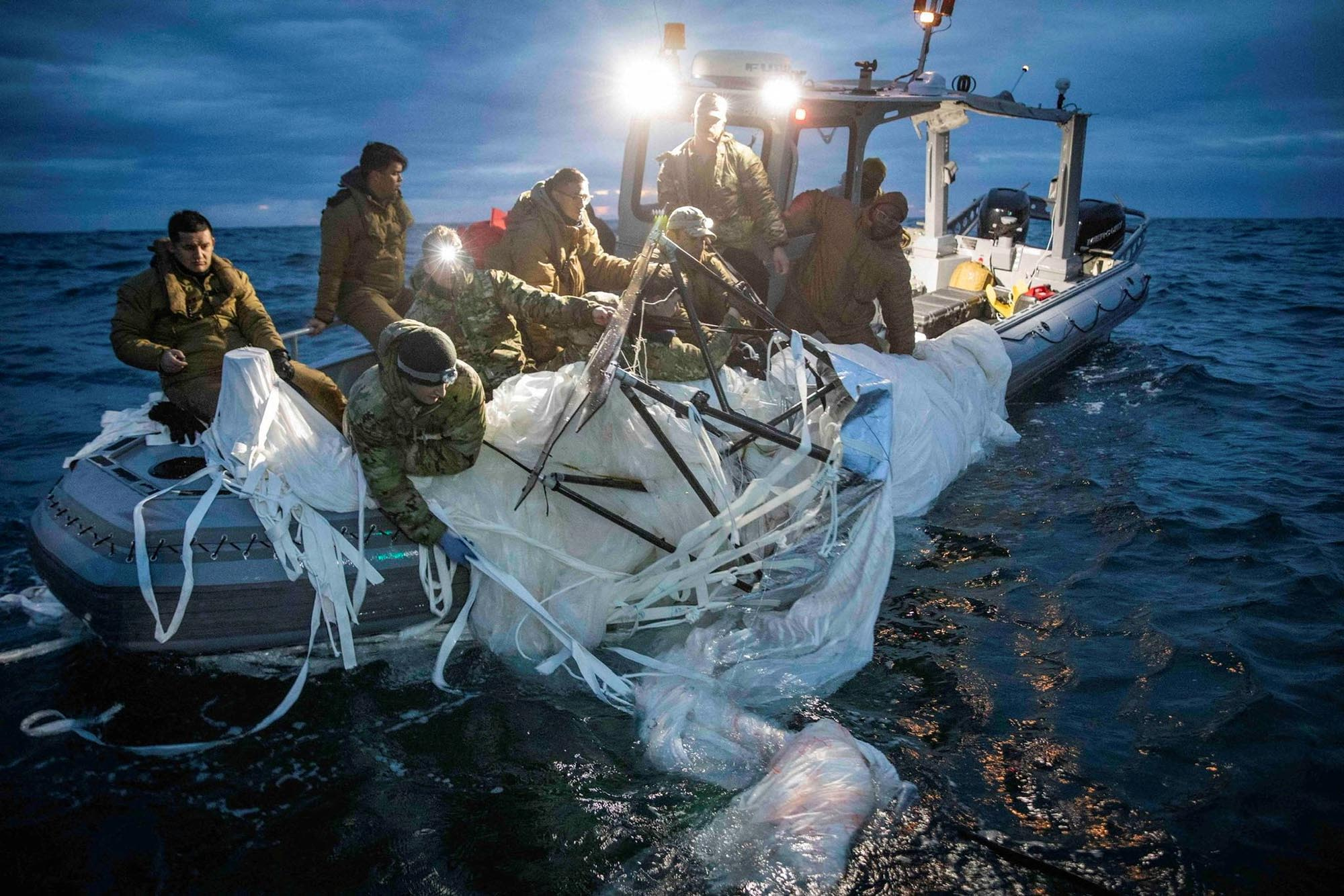China-Taiwan Tensions Are Here To Stay
By Kate Wei · Cogito XIV ·Relationships between Taiwan and China have been tense since the Chinese Civil War, when the Republic of China’s government was forced by the Chinese Communist Party to flee from mainland China to Taiwan. Today, Taiwan maintains its claim that it is an independent country. However, China views Taiwan as a renegade province and has repeatedly vowed to unify it with the mainland, even through force if necessary. Tensions have been mounting in recent years due to a growing sense of Taiwanese nationalism, rising Chinese anxieties over the Taiwanese political environment, and the United States’ shifting role in Chinese-Taiwanese affairs. The situation is changing rapidly and has escalated even within the past few months.
In late December 2022, China conducted military exercises near Taiwan, with several Chinese aircrafts detected in Taiwan’s air defense zone. A total of 71 Chinese aircrafts were spotted around the island and 47 were sent across the median line of the Taiwan Strait. For decades, the median line served as an informal demarcation line between China and Taiwan, and military incursions across it were incredibly rare. However, China has recently increased its use of aggressive military pressure tactics on Taiwan to ensure that its troops will be ready “to resolutely defend national sovereignty and territorial integrity.” These actions and comments by China demonstrate the mounting tensions between Taiwan and China due to China’s continued determination to assert its control over the island.
On December 27, Taiwanese President Tsai Ing-wen announced the extension of mandatory military service for Taiwanese citizens from four months to one year, in order to help strengthen the island’s defenses in light of increased Chinese aggression. Additionally, in her annual New Year’s address, President Tsai referred to the country exclusively as “Taiwan,” a shift from her prior addresses in which she also referred to the country as the “Republic of China.” President Tsai has also in the past promoted the adoption of a new passport that replaced “Republic of China” with “Taiwan.” This exclusive use of the term “Taiwan” emphasizes the island’s identity as completely distinct from mainland China, which runs contrary to China’s views of the island and its relationship with the mainland. This recent assertion of Taiwanese sovereignty has only served to further strain cross-strait relations, especially as it was done so publicly and by a government entity.
The United States’ involvement in China-Taiwan affairs also seems to have increased within the past few months. For example, in early January 2023, a United States warship traveled through the Taiwan Strait, angering the Chinese government. The United States military issued a statement stating that the warship’s transit through the strait “demonstrate[d] the United States’ commitment to a free and open Indo-Pacific.” However, the Chinese embassy in Washington spoke out in opposition to the action and urged the United States to “immediately stop provoking troubles, escalating tensions and undermining peace and stability across the Taiwan Strait.” The Chinese statement asserted that the United States was simply trying to flex its military strength, not promote openness in the region. In mid-February, a United States military plane flew through the Taiwan Strait, again prompting a quick response from China. China claimed that it “has sovereignty, sovereign rights and jurisdiction over the Taiwan Strait,” and that any countries that consider the Taiwan Strait “international waters” are incorrect. Again, actions by both China and Taiwan in recent months have highlighted the friction between the two governments when it comes to Taiwan’s sovereignty and independence from China.
Additionally, the United States has taken steps to increase its military cooperation with Taiwan. On December 23, 2022, President Biden signed an $858 billion defense policy bill that will provide $10 billion in security assistance to Taiwan over the next five years to modernize its security capabilities and hopefully deter further Chinese aggression. Taiwan thanked the United States “for showing the great importance it attaches to Taiwan-US relations and strengthening Taiwan’s security,” while China responded that it “deplores and firmly opposes this US move.” China condemned the United States’ actions as politically provocative and disruptive to China’s internal affairs, demonstrating the rising tensions between all three parties involved.
Amid plummeting US-China relations due to the suspected Chinese spy balloon that was shot down by the United States Air Force, the United States is more than quadrupling the number of troops deployed in Taiwan to support a training program for the island’s military. This planned increase in deployment of forces would be the largest in decades by the United States toTaiwan. This closer cooperation between the United States and Taiwan is developing in light of information from United States defense and intelligence officials that believe that China is preparing to invade Taiwan by 2027.
While it is not known yet whether China plans to put these plans in action anytime soon, all sides seem to be preparing for conflict. In the event that conflict does break out, the United States would have many vital interests at stake. For example, a Chinese invasion of Taiwan would undermine the United States’ strategic position in the Western Pacific. Additionally, Taiwan is the world’s leader in the manufacturing of semiconductors and other critical technological components that the United States would lose access to in case of a conflict. China would likely have the capabilities to launch formidable cyber attacks against the United States and its allies, fostering confusion, division, and distrust to hinder decision making. The United States economy is also heavily dependent on Chinese resources and manufactured weapons, and China’s dominance of supply chains and shipping would also seriously impact Americans. If this becomes the case, the United States may be compelled to intervene in the regional conflict in order to protect its own economic interests.
Though tensions have escalated, military conflict is not yet inevitable. To settle their many grievances, all parties involved must maintain civil discourse with one another and avoid any provocations. China, Taiwan, and the United States must engage in careful negotiation and be willing to make compromises to ensure lasting peace and stability in the region.





